Aquona: challenges and contributions to the UN Sustainable Development Goals
The United Nations consecrates one of its sustainable development goals to water resources, SDG 6 Clean water and sanitation. Thanks to companies like Aquona, water helps to transversally improve the rest of the SDGs. The company explains with data how its activity positively impacts the 2030 Agenda.
On September 25, the World Day of Action is celebrated, which recalls the date of 2015 in which all countries approved the 17 UN Sustainable Development Goals (SDGs) that make up the 2030 Agenda, the road map for a world better.
Therefore, there is less than a decade left to meet the ambitious goals of the SDGs and companies like Aquona are working on this path, which has sustainable development as a fundamental part of its corporate DNA.
Managing a resource such as water, linked to multiple aspects of social well-being and the environment, places the company at the forefront of major global challenges. Because of all the UN SDGs, SDG 6 Clean water and sanitation is surely the most transversal of all and the one that is most closely related to the rest of the 2030 Agenda.
Social responsability
According to the director of Aquona, Jesús García del Valle, the company works within the framework of a Strategic Plan for Sustainable Development that "allows us to promote the fight against climate change, the preservation and access to water, the protection of biodiversity and social advances in the human right to water, equity and health ”.
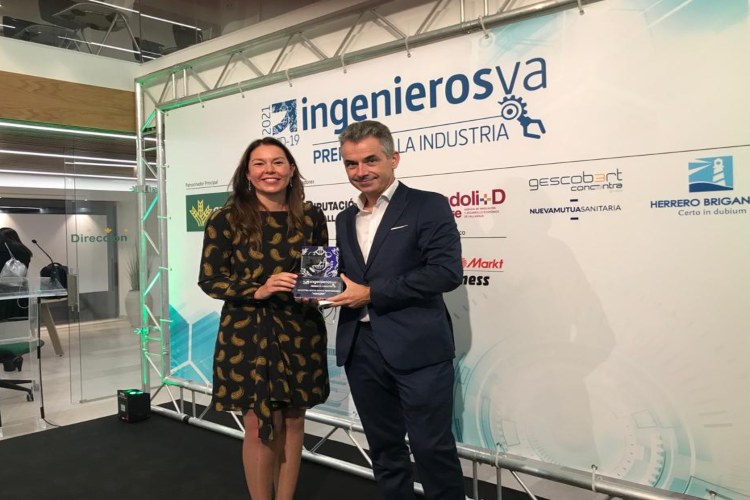
Proof of this is, for example, the award given to Aquona this week by VA engineers in the fourth edition of the Industry Awards within the category of Socially Responsible Company.
Aquona establishes the commitments and achievements obtained with respect to the UN SDGs, grouped into five main areas of responsibility: People; Planet; Prosperity; Peace, justice and strong institutions; and Alliances. But it is also possible to review the SDGs one by one and see how the Water SDG 6 relates to them and contributes to their improvement.
SDG 1 End of poverty
Thanks to the rates and social funds put in place, 316,331 families in Castilla y León and Castilla-La Mancha are protected from a situation of vulnerability. Likewise, access to water is guaranteed to 100% of customers.
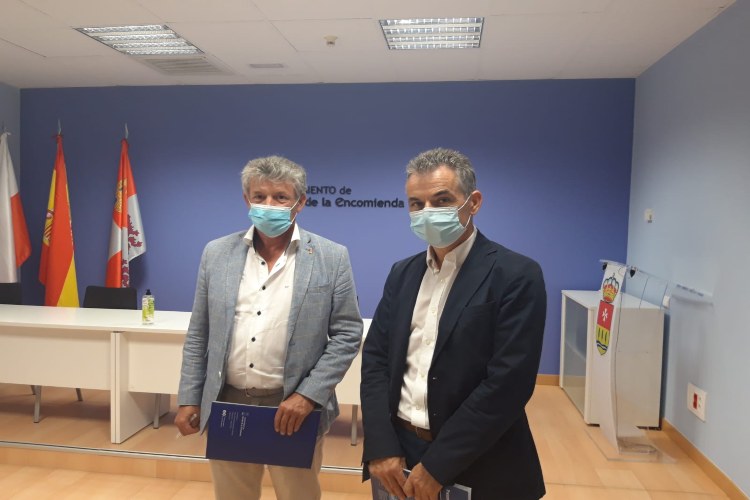
SDG 3 Health and well-being
Aquona has made the COVID-19 City Sentinel digital platform available to municipalities. It is a tool for graphical visualization of data on the evolution of the virus in wastewater, which allows to anticipate the appearance of possible new outbreaks. This surveillance system was implemented in several municipalities such as Benavente, Daimiel and Villamayor de Calatrava and in different hospitals and nursing homes in Castilla y León.
SDG 4 Quality education
Aqualogía is the water education program for primary school children launched by Aquona six years ago. Due to the pandemic, the digital transformation was accelerated by adapting the program to the virtual environment. During the 2020-2021 academic year, 2,176 schoolchildren from 47 centers participated in Aguilar de Campoo, Arroyo de la Encomienda, Astorga, Ayna, Benavente, Coreses, Grijota, Herrera de Pisuerga, Mojados, Nava de la Asunción, Palencia, Portillo, Puebla de Sanabria , Segovia, Simancas, Villamuriel de Cerrato and Zamora.
SDG 5 Gender equality
At Aquona, quality, inclusive and diverse work environments are guaranteed. In 2012, the company's first Equality Plan was launched to promote female talent in the company. As an example of this effort, there is currently parity of women and men in positions of responsibility at Aquona. It also contributes to SDG 5 with the Aquae STEM program that it shares with the Aquae Foundation and whose objective is to promote scientific vocations in Primary school students. .
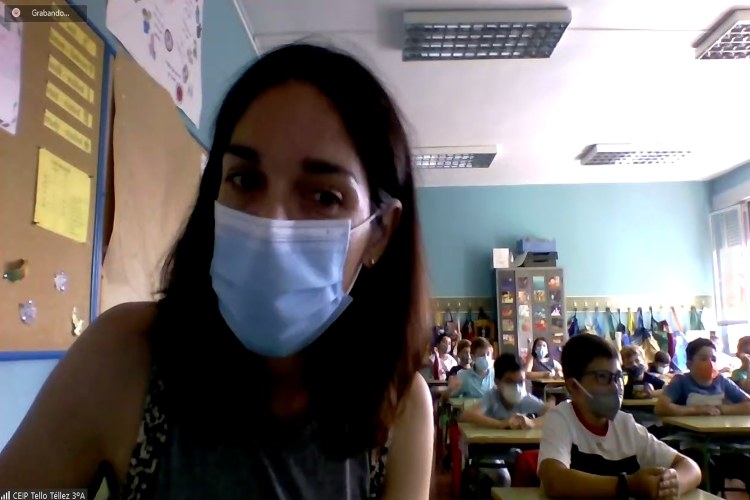
SDG 6 Clean water and sanitation
Aquona works to reduce water losses, carrying out advanced management, using new digital techniques, essential for the supervision, control and maintenance of infrastructures. All of this requires constant investment in technology and surveillance. In 2020, 2,307 kilometers of network were inspected and 1,039 detected breakdowns and leaks were resolved.
SDG 7 Sustainable and clean energy
The electricity produced by Aquona from renewable sources amounted to 1.91 GWh, equivalent to 6.75% of the company's total energy consumption in supply and sanitation.
SDG 8 Decent work and economic growth
Aquona encourages stable and quality work. Thus, in 2020 94% of the workforce had a permanent contract.
SDG 9 Industry, innovation and infrastructure
The commitment to green, renewed and resilient infrastructures to climate change is key to accelerating the ecological transition and promoting efficient and sustainable water management in the territory. Aquona's focus is constantly working to improve the adaptation of cities to future challenges.
SDG 10 Reduction of inequalities
To favor the inclusion in the work environment of people with disabilities, Aquona collaborates with specialized foundations and employment agencies, such as the Fundación Once Inserta, COCEMFE, the Castilla y León Red Cross or the Fuente Agria Foundation or the Association for the Social Integration of the Disabled (AISDI) in Castilla-La Mancha.
Aquona has also expanded the Bequal accreditation, which certifies it as socially responsible in matters of disability, obtaining the Bequal Plus seal.
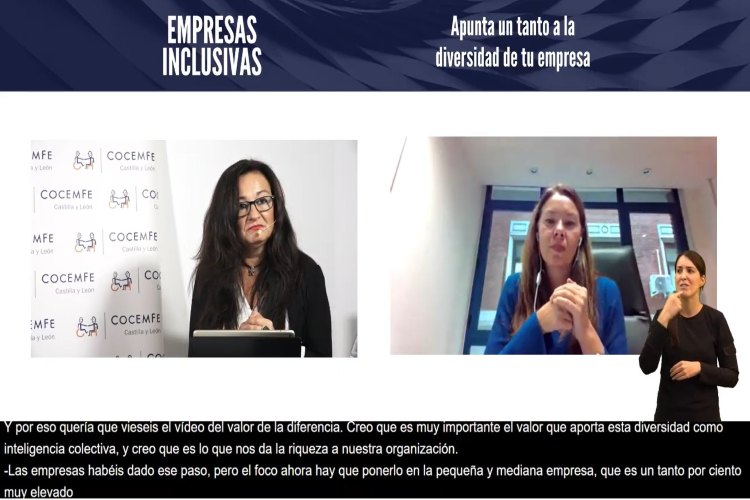
SDG 11 Sustainable cities and communities
At Aquona, the circular economy model is applied throughout its activity, with the aim of closing the cycle of resources and enhancing the resilience of urban environments. In 2020 Aquona managed a total of 130 drinking water, distribution and purification services in various locations, serving the needs of 1,100,000 inhabitants.
SDG 12 Responsible consumption and production
Aquona is an active agent in citizen awareness. In 2020, thanks to the invoice awareness campaigns or the Aqualogía program, among others, the company has impacted more than 302,000 people.
SDG 13 Climate Action
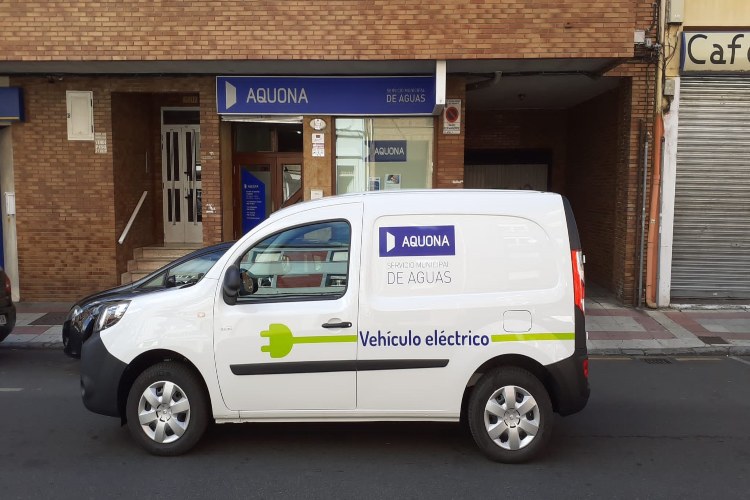
The CO2 emissions avoided by the purchase of green energy, the production through self-consumption facilities, the energy efficiency measures and the sustainable mobility implemented are equivalent to the emission of 34,500 cars circulating 10 kilometers a day for a whole year.
SDG 15 Life of terrestrial ecosystems
The naturalization of the facilities that Aquona manages reflects its commitment to conserve biodiversity. For this, the use of phytosanitary products has been eliminated in the facilities, freeing 51 hectares from the use of these products so linked to the loss of biodiversity.
SDG 16 Peace, justice and strong institutions
Aquona incorporates the principles of transparency, ethical responsibility and good governance into its management. 100% of the employees work under a code of ethics and conduct and an integrated management system. In addition, the company transfers its code of ethics to 100% of its suppliers with the aim of extending its responsible approach to the value chain.
SDG 17 Partnerships to achieve the goals
At Aquona we are committed to a service model based on alliances and public-private collaboration. Commitment to the territory is a priority, so that last year it allocated 27.2 million euros to finance its suppliers for works and provision of services, activities with a high impact on local employment.
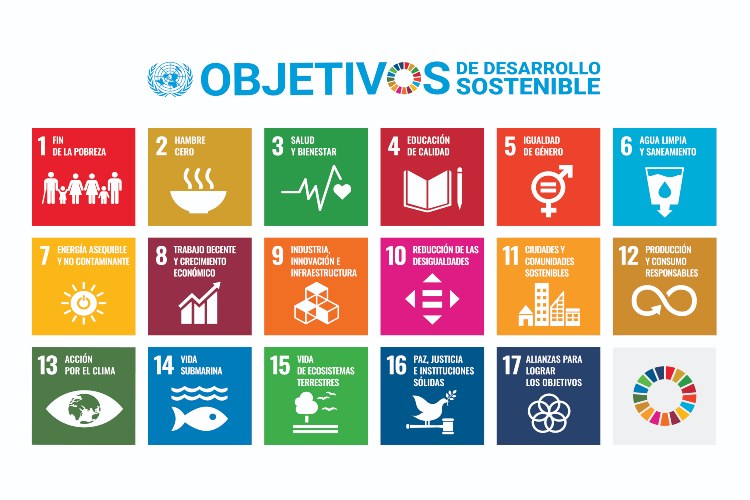
It also establishes synergies with entities whose scope of activity is related to its principles. There are dozens of them, local and regional, and others of a global nature such as the Red Cross or the Spanish Network of the Global Compact. Another of Aquona's direct actions is the alliance with the Food Bank whereby the company donates one euro for each new addition to its digital bill.
A great social pact
From Aquona, and looking towards the future, a great Social Pact is promoted that guarantees a social and economic recovery. It is about transforming, in a collaborative way, the water management model to improve people's quality of life and favor a sustainable, resilient and prosperous urban ecosystem, acting without leaving anyone behind, as set out in the 2030 Agenda of the United Nations. The Social Pact, based on public-private collaboration, is structured around three axes: solidarity with the most vulnerable groups, quality employment and green reconstruction.